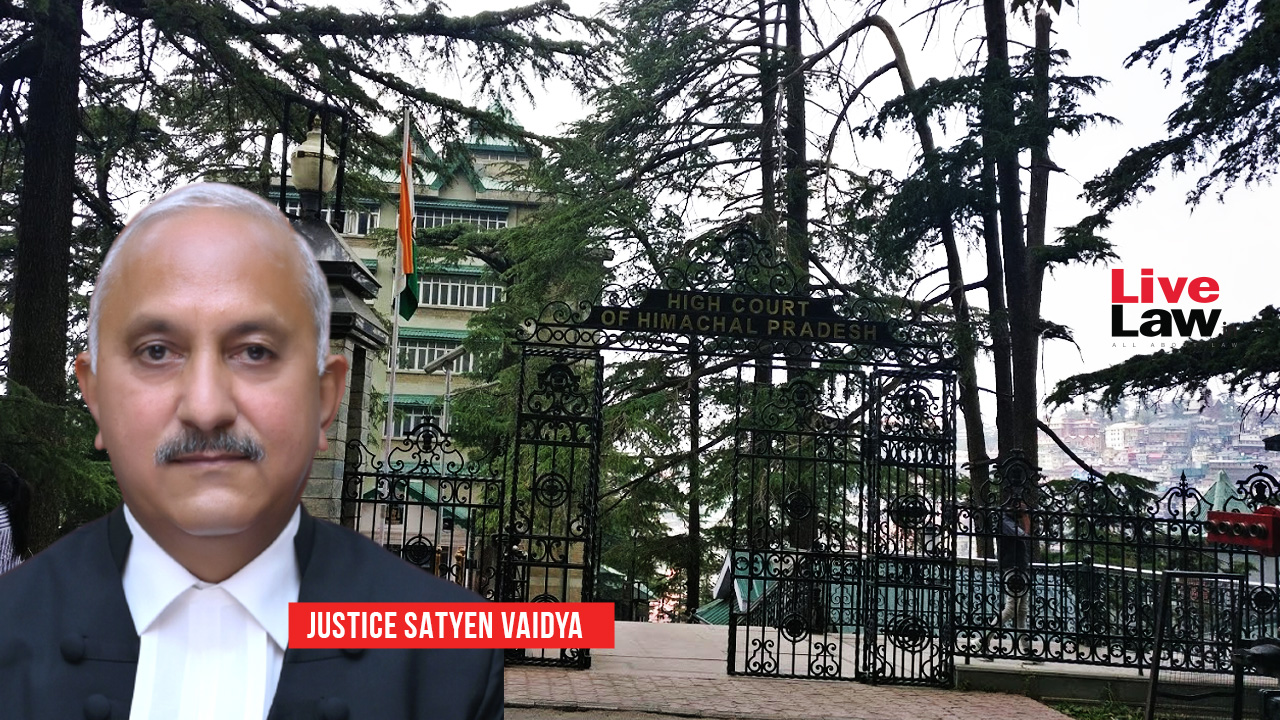The Himachal Pradesh High Court held that the execution of a will in favour of family members who had been caring for the testator and his household could not be termed unnatural.
Justice Satyen Vaidya remarked that: “… the execution of Will by Anokhi Ram in favour of persons, who were taking care of the entire family and in whom he had reasons to establish trust cannot be said to be unnatural. The choice of testator for choosing one of the daughters and son-in-law to inherit the entire property stands duly explained and accordingly the defendants have been able to discharge the burden.”
The deceased Anokhi Ram had five daughters, including the appellant, Vidya and Prema Devi. The defendants are the daughters of the deceased Prema Devi and her husband Gopal.
In 1983, Anokhi Ram executed a registered will, by which he left all his immovable property to his daughter Prema Devi and her husband Gopal. He passed away in August 1984, and thereafter, the property was transferred in favour of Prema Devi and her husband, Gopal.
Later, in 2011, Prema Devi executed her own will, which stated that upon her death, her estate would be transferred to her daughters and husband.
However, in January 2012, the appellant and her sisters filed a civil suit challenging the will of Anokhi Ram, contending it to be null, void, and obtained by fraud and misrepresentation. They claimed a 1/6th share each in the property.
In response, the defendants submitted that the property was not ancestral or coparcenary, and Anokhi Ram, being the exclusive owner of the property, executed a registered will in favour of his daughter Prema Devi and son-in-law Gopal.
They further contended that Anokhi Ram had five daughters, however, when he fell ill and faced financial difficulties, Prema Devi and Gopal moved in with him. It was Gopal who maintained Anokhi Ram, and even cleared his debts.
They submitted that Anokhi Ram and his wife were happy with the services of Prema Devi and Gopal, which is why they executed the will in favour of them out of love and affection.
The Trial Court held that the plaintiffs failed to prove the property was an ancestral coparcenary. As per the Hindu Succession Act, 1956, no presumption of a Hindu Undivided Family exists without proof.
The Court observed that the Will was properly executed and attested as per Section 63 of the Indian Succession Act and Section 68 of the Indian Evidence Act. The trial court held that there was no credible evidence of fraud, coercion, or mental unsoundness.
The findings of the Trial Court were upheld by the Appellate Court and later by the High Court. The High Court concluded that there was no ground for interference and dismissed the appeal.
Case Name: Vidya & Ors v/s Vinita & Ors.
Case No.: RSA No. 408 of 2019
Date of Decision: 02.09.2025
For the Petitioner: Mr. Sudhir Thakur, Senior Advocate with Mr.Karun Negi, Advocate
For the Respondents: Mr. G.D. Verma, Senior Advocate with Mr. Summit Sharma, Advocate.

